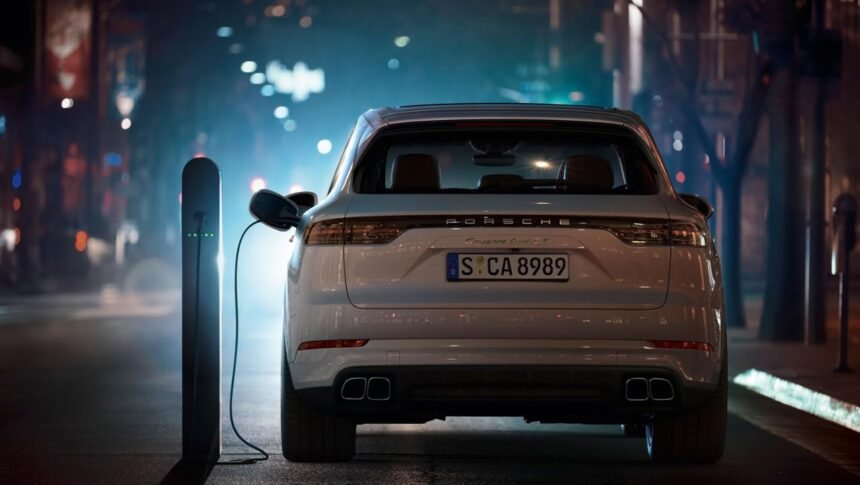The world of hybrid vehicles is evolving rapidly, with a shift towards high thermal efficiency, large batteries, and extended range vehicles (REEVs). In 2024, the sales of plug-in hybrid electric vehicles (PHEVs) and REEVs surpassed traditional hybrid electric vehicles (HEVs) for the first time, indicating a growing trend towards more energy-efficient and environmentally friendly options.
According to global sales data, the market for hybrid vehicles is expanding, with China emerging as a key player in the industry. Chinese OEMs like BYD, Geely, Dongfeng, and Chery are investing heavily in research and development to enhance the thermal efficiency of engines for PHEVs and REEVs. By leveraging the Miller/Atkinson cycle, these companies are achieving higher thermal efficiency levels, with some engines reaching up to 46%.
In terms of battery capacity, Chinese PHEVs and REEVs are seeing significant advancements, with capacities exceeding 43kWh in some models. Larger batteries offer benefits such as improved battery lifespan and performance, making them a preferred choice for hybrid vehicles. OEMs are carefully considering the balance between battery capacity, engine size, and motor output to optimize efficiency and cost-effectiveness.
One of the key goals for Chinese hybrid vehicles is to achieve a comprehensive range of 2,000 kilometers. By incorporating large fuel tanks, high engine thermal efficiency, and large batteries, OEMs like BYD, GAC, and Geely are pushing the boundaries of hybrid vehicle technology. Models like the BYD DM 5.0 have already achieved impressive ranges of over 2,100 kilometers, setting a new standard for the industry.
As the overseas market for REEVs continues to grow, Chinese OEMs have a significant opportunity to expand their presence abroad. The simplicity and flexibility of extended-range vehicles make them an attractive option for international consumers. Foreign brands like Hyundai, Mazda, and Volkswagen are also entering the market with their own REEV models, indicating a global shift towards more sustainable transportation options.
In conclusion, the future of hybrid vehicles is bright, with a focus on high efficiency, large batteries, and extended range capabilities. Chinese OEMs are at the forefront of this technological revolution, paving the way for a greener and more sustainable automotive industry.







